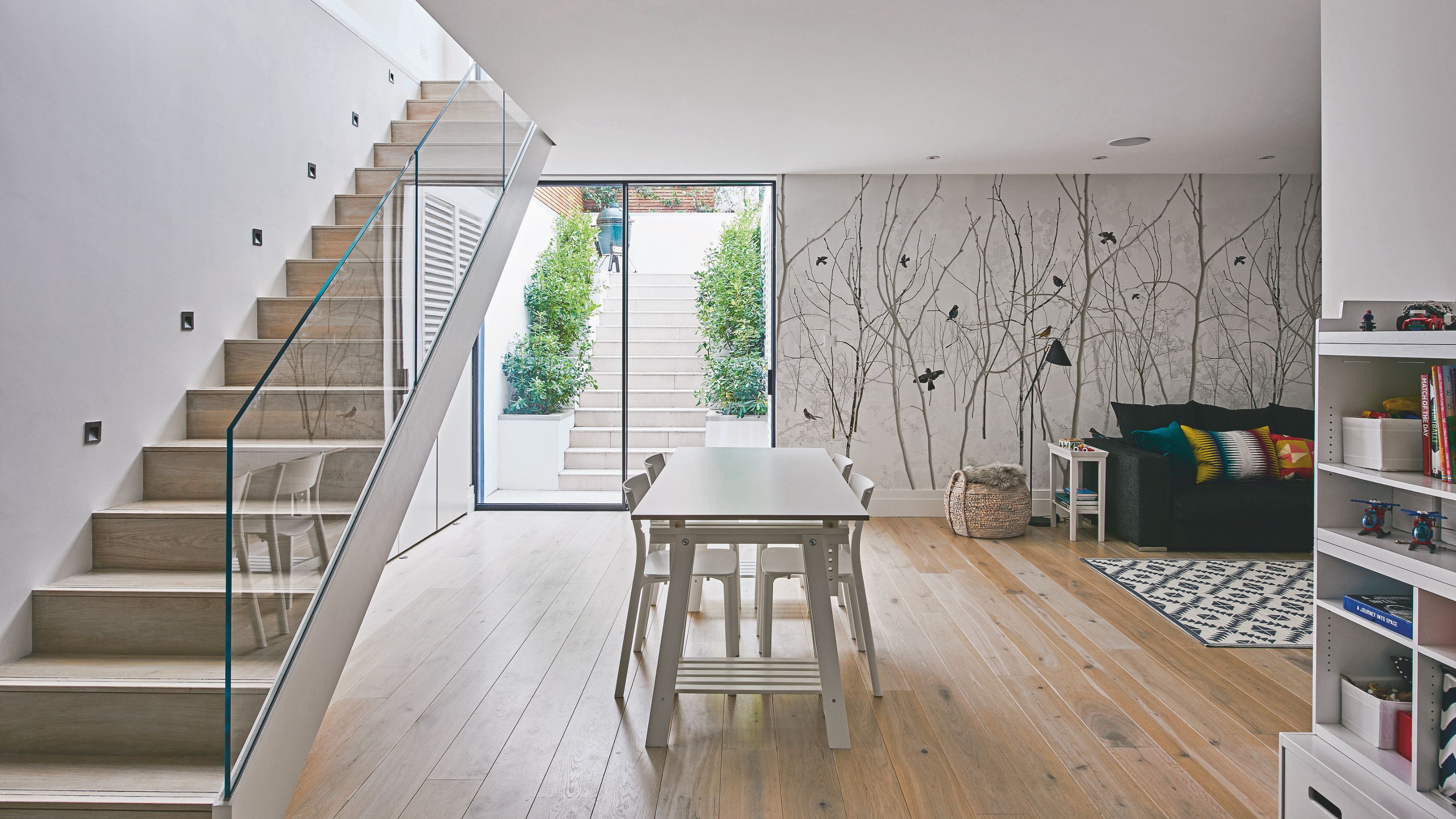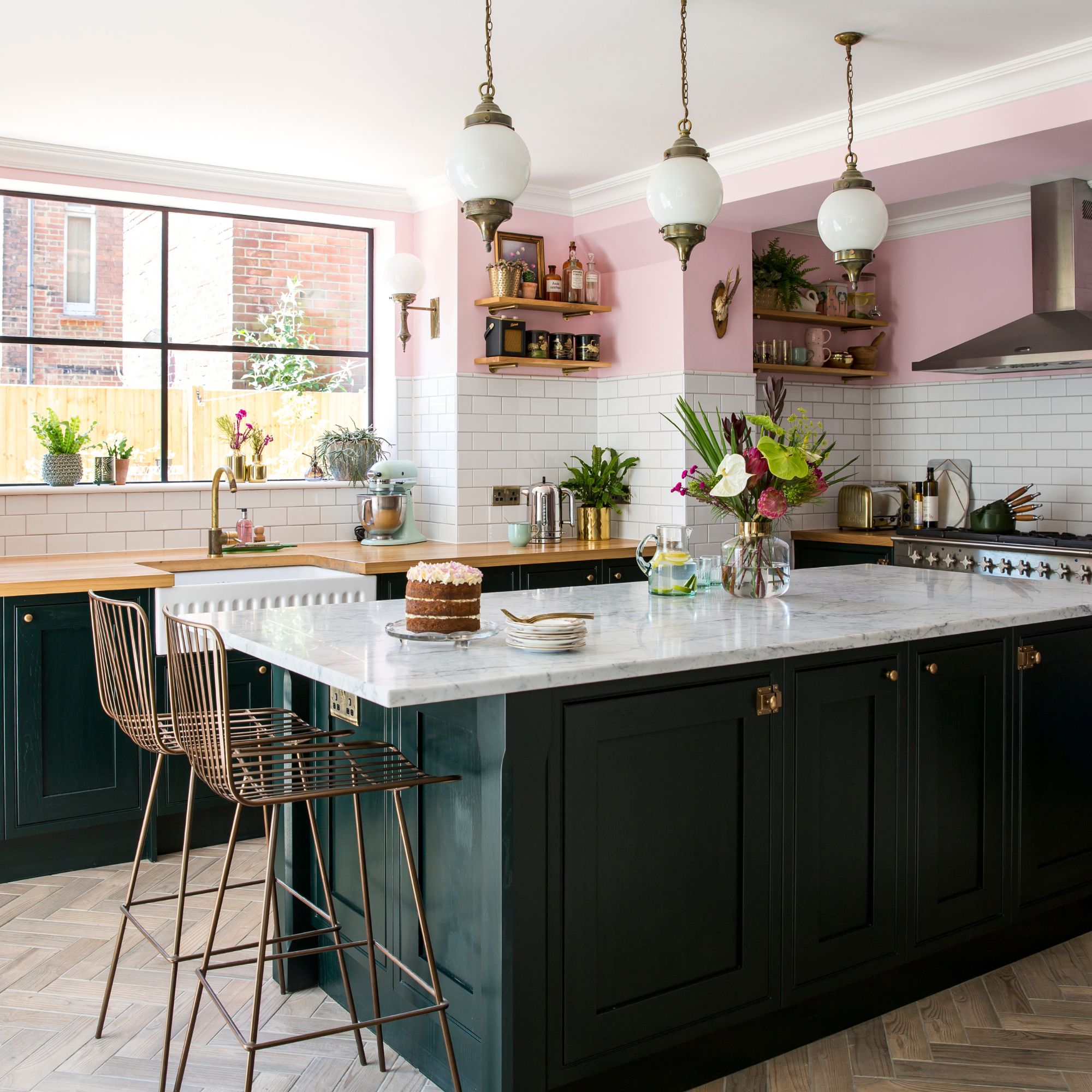How to insulate a basement – your options explained, plus how much it’s likely to cost
Get this crucial step right with this expert advice


EDITOR’S NOTE: An earlier version of this article included a quote from a purported expert whose credentials we have not been able to verify. The quote has been removed. We regret this lapse in our verification process and have updated our internal protocols to reduce the risk of recurrence.
Creating a space that is warm and dry is absolutely essential if you want to turn your basement into a usable room. That's why it's so important to get your basement insulation right.
Nailing this step when converting your basement can also mean your choice of heating can work more efficiently, saving money on your energy bills.
So whether your basement ideas include adding a guest bedroom, home office or games room, or even if you just plan on using your basement for storage or a utility room, follow these expert tips to correctly insulate the space.
What's the best way to insulate a basement?

There are a few different options when it comes to insulating a basement, depending on the specifics of your project, what your budget is, and whether it's a step you plan on doing on a DIY basis.
Unless you are excavating a new basement, it's unlikely you'll be adding your insulation to the outer walls, so you'll need to add it to the inside.
'You can use both rigid foam boards and spray foam to unfinished walls (once any pre-existing moisture issues have been taken care of),' says Paul Kerr from Beatsons Building Supplies. 'Foam boards are probably the most common option as they cost a little less than the foam, are long-lasting and are excellent at resisting moisture.
'Insulated panels are a bit higher in price than most other techniques but are the fastest solution as they have a plasterboard layer built in, allowing for a quicker installation process. Unlike fibreglass and some other traditional insulation materials, the spray foam and foam boards aren't prone to sagging, so they are probably the better choice for a long-lasting effect.
Sign up to our newsletter for style inspiration, real homes, project and garden advice and shopping know-how
'If you're dead set on using the traditional methods of fibreglass and mineral wool, just be sure that they are paired with a vapour barrier, or they'll be prone to mold. You should also make sure they aren't placed directly onto concrete as they will absorb moisture from it.'
Before you tackle the insulation, you need to make sure that the basement is effectively waterproofed to prevent the insulation from being compromised.
Why is it so important to insulate a basement correctly?

Correctly insulating your basement is essential if you want to create a space that is comfortable to use all year round.
'The last thing you want after finishing up a basement conversion is to spot damp, mold or mildew in the room,' continues Paul Kerr. 'Insulation should always be your priority when converting a basement space. Due to their location underneath the house and a common lack of windows, basement rooms are prone to damp. A rise in damp can make a room feel colder, smell stuffy, cause structural issues, reduce the house's value, and add to heat loss - making a house less energy efficient.'
You'll also want to make sure your basement is correctly ventilated too.
How much does it cost to insulate a basement?
The price to insulate a basement will depend on the type of insulation you opt for, the size of your basement, and how complex the project is. I asked the experts to break down the price so you can factor it in to your overall basement conversion costs.
'Rigid foam boards usually start at around £15-£17 per board, though you can find some for as low as £7,' says Paul Kerr. 'Yet for the best moisture repellent, you should look at XPS panels, otherwise known as extruded polystyrene panels. These cost around £40-£50, depending on the size and depth of the panel, and save on labour costs as they have a layer of plasterboard, meaning you don't need to get any fresh plaster in.
'The price of insulation for a 50m3 basement would come to around £3500, depending on the material. If there's a need to concrete the floor, this will be in the region of £1500-£3000 for the same sized space.'
FAQs
Can I insulate a basement myself?
Whether you can (or should) insulate a basement yourself comes down to the type of insulation you need, and your DIY competency.
Foam boards would be the easiest to install on a DIY basis, as they are easy to cut to size and lightweight enough to move. At the other end of the scale, installing spray foam insulation should be left to a professional to ensure it's done safely and effectively.
If you do want to install your own basement insulation, make sure the space if effectively waterproofed first. This should be done by a professional, rather than on a DIY basis.
Before you start on your conversion plans, make sure you're fully aware of what you should know before you convert a basement.

Sarah Handley is Ideal Home’s Renovation Editor. She joined the team full time in September 2024, following three years of looking after the site's home finance content. As well as all things renovation, Sarah also looks after our Home Energy content, which covers all aspects of heating and insulation as well as tips on how homeowners can reduce their energy usage. She has been a journalist since 2007 and has worked for a range of titles including Homebuilding & Renovating, Real Homes, GoodtoKnow, The Money Edit and more.